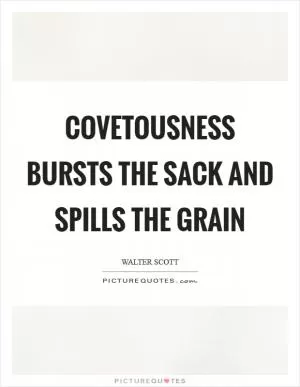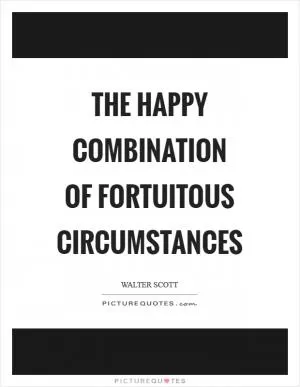When a man has not a good reason for doing a thing, he has one good reason for letting it alone

When a man has not a good reason for doing a thing, he has one good reason for letting it alone
Sir Walter Scott, the renowned Scottish novelist and poet, was a man of great wisdom and insight. Throughout his life, he demonstrated a keen understanding of human nature and the complexities of decision-making. One of his most famous quotes, "When a man has not a good reason for doing a thing, he has one good reason for letting it alone," encapsulates his belief in the importance of thoughtful consideration and rational decision-making.Scott's words serve as a reminder that actions should be guided by reason and purpose. In his novels, such as "Ivanhoe" and "Rob Roy," Scott often explored themes of honor, duty, and morality. His characters grappled with difficult choices and the consequences of their actions, highlighting the importance of having a clear rationale for one's decisions.
For Scott, the absence of a good reason for an action was a red flag, signaling that perhaps the action should not be taken at all. He understood that impulsive or thoughtless decisions could lead to negative outcomes and regret. By urging individuals to pause and reflect before acting, Scott emphasized the value of prudence and deliberation.












 Friendship Quotes
Friendship Quotes Love Quotes
Love Quotes Life Quotes
Life Quotes Funny Quotes
Funny Quotes Motivational Quotes
Motivational Quotes Inspirational Quotes
Inspirational Quotes